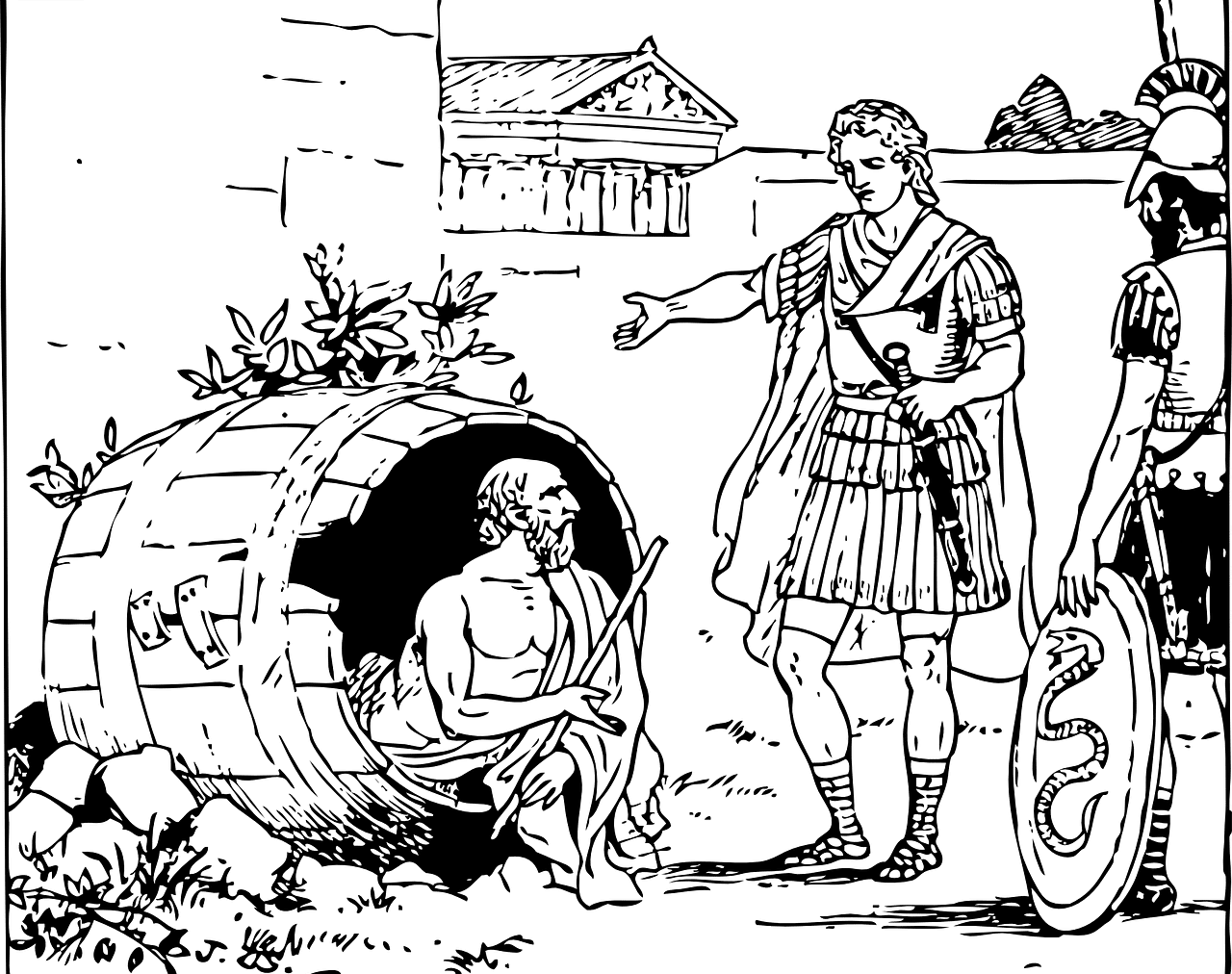
Accumulation means the accumulation of something.
Accumulation is the action and effect of accumulating . The term comes from the Latin word accumulatio and is linked to the verb that refers to accumulating or gathering something .
For example: “The accumulation of waste has left a nauseating smell in the streets of the center” , “No one can justify the accumulation of wealth in a few hands when we all work very hard for the progress of the country” , “I suggest you end the accumulation of old magazines: soon we will not have space to store our clothes.”
Different types of accumulation
It is possible to accumulate all types of objects. A collector accumulates what interests him and that allows him to develop his collection , whether it be empty bottles, stamps, envelopes, boxes of different types, vinyl records, video games, model cars, coins or banknotes, among the many possibilities.
The accumulation can be temporary or permanent . In the case of collections, the accumulation is intended to be permanent, since the value of the work lies in maintaining and expanding the accumulation. On the other hand, if garbage accumulates on the street due to a strike by collectors, it will be a temporary accumulation.
It should be noted that the accumulation can be symbolic . A person can accumulate pending tasks: ironing clothes, going to the market, making an appointment with his or her family doctor, etc. These tasks will accumulate among your obligations to fulfill until you actually complete them.
The term in programming
In programming, large amounts of calculations are usually carried out per second, and loops are very useful for this, a statement that is repeated a certain number of times, as necessary.
Within a loop there can be many lines of code, and it is common to keep track of the number of times all or some of them have been executed and to accumulate certain values in a variable; If many geometric figures must be analyzed, for example, this can be used to know how many of them are squares and to add their surfaces.

Diogenes syndrome, consisting of the accumulation of objects, owes its name to the philosopher Diogenes of Sinope.
Accumulation and Diogenes syndrome
A behavioral disorder known as Diogenes syndrome is generally associated with older people who live alone. Its main characteristic is the accumulation of all types of household waste and garbage in the house itself; On the other hand, people affected by this syndrome usually isolate themselves of their own volition and abandon their personal hygiene and social relationships.
The age at which this disorder usually appears is usually over 50 years old, although this does not prevent it from manifesting itself in a very young person, since the main trigger is the feeling of loneliness . In general, the accumulation of waste, much of which is collected on public roads, begins after the death of a loved one or after a separation that the subject cannot overcome.
Just as age group is not exclusive, neither is intellectual level or social status: there are people with university studies and very successful careers who suffer from this syndrome. As a curious fact, it is possible to acquire the disorder by living with someone who suffers from it, although these are isolated cases in which both usually share the same unresolved pain.
The treatment
To determine the most appropriate treatment for each patient's situation, a prior evaluation is necessary in order to determine the pathology that causes this behavior . The fundamental task of doctors is to prevent their patients from returning to the starting point once treatment has begun, for which they usually resort to hospitalization in a social institute, or follow-up based on home visits.
One of the biggest challenges in medicine when it comes to treating this peculiar disorder is that patients are not aware of their problem, since they usually see the accumulation of garbage as a necessary action to prevent valuable objects from being negligently wasted.
